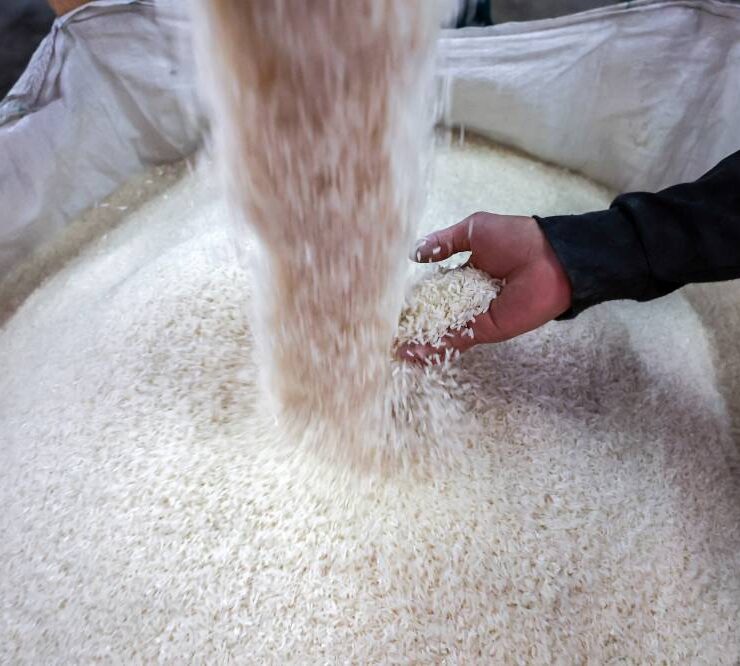Tiu Laurel heads off critics of NFA rice auction

The Department of Agriculture (DA) said it is bracing for criticism ahead of the planned auction of aging National Food Authority (NFA) rice stocks scheduled for October.
“Make no mistake—we expect critics to pounce the moment we hold the auction,” Agriculture Secretary Francisco Tiu Laurel Jr. said in a statement on Wednesday.
“They’ll say the rice is weevil-infested, of poor quality, and accuse us of negligence,” added Tiu Laurel, concurrently serving as NFA Council chair.
The grains agency will auction off 60,000 metric tons (MT) of aging rice stocks to avert a possible supply shortfall, free up warehouse space for freshly harvested palay (unmilled rice) and dispose of rice nearing spoilage.
According to the NFA, rice stocks are considered aging starting in the third month from milling.
The NFA will offer its stocks first to government relief and other agencies this month before opening the sale to the public in October.
Tiu Laurel said earlier the NFA rice auction is aligned with President Marcos’ order to suspend rice imports for two months effective Sept. 1 to shore up palay prices during harvest season.
The Bureau of Plant Industry already stopped issuing permits, although rice shipments ordered by traders in August will be allowed entry, provided that they arrive no later than Sept. 15.
Four ports in Manila, Davao, Cagayan de Oro and Cebu were designated to facilitate and monitor rice imports during the suspension period.
Tiu Laurel said the current version of Rice Tariffication Law hinders their capability to rotate stocks promptly and has stifled investment in proper storage infrastructure such as silos and temperature-controlled warehouses.
The NFA’s mandate is still limited to stocking rice to aid the government’s emergency and disaster relief efforts.
The agriculture chief said this is the “inevitable consequence” of stripping the NFA’s full authority to stabilize prices and supply, including the ability to sell rice to the public.
“Unless we’re allowed to manage our stocks more efficiently and invest in long-term storage, spoilage will continue to haunt us,” he said.





















